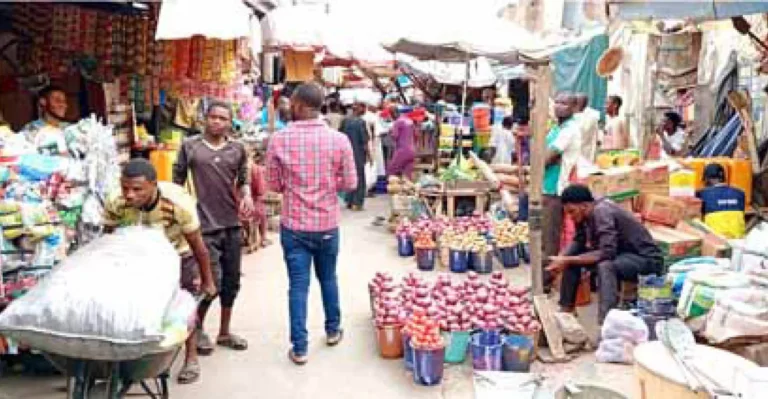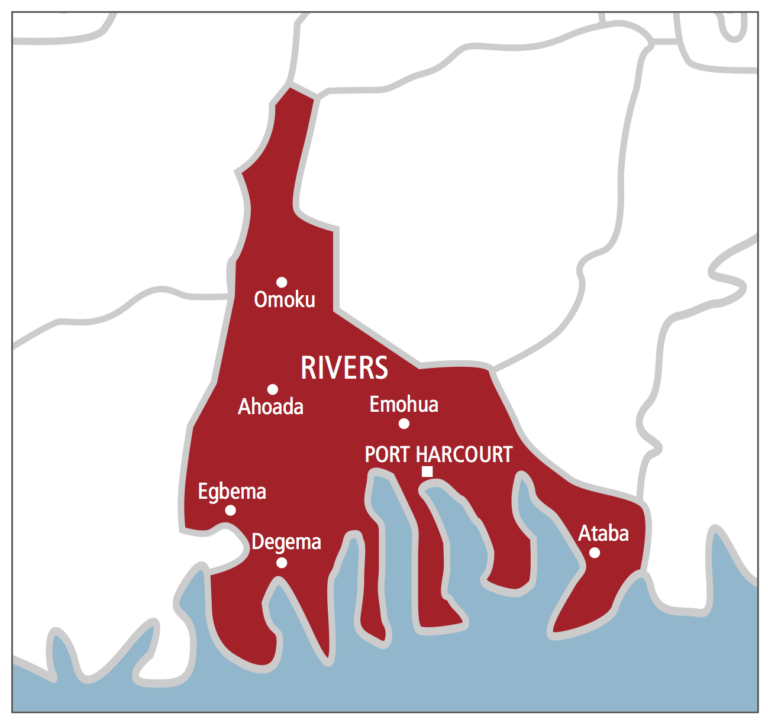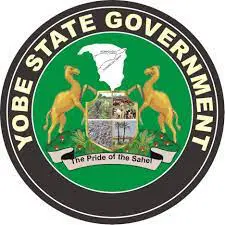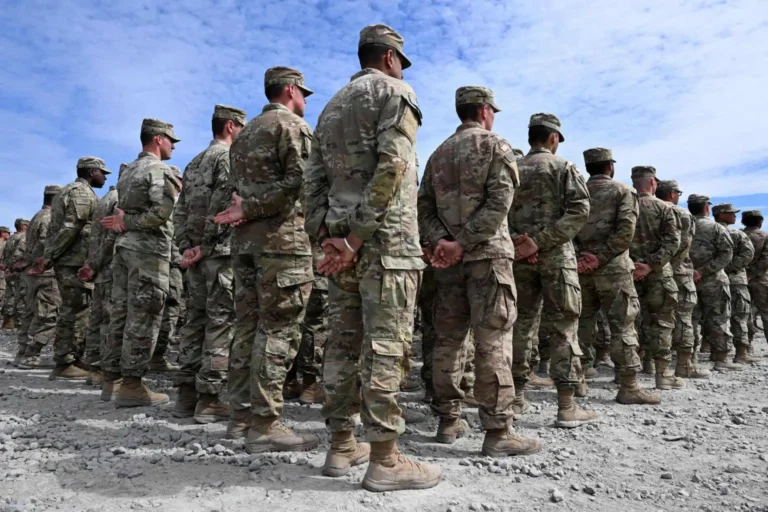
President Bola Ahmed Tinubu on Wednesday asked world leaders to either embrace sweeping reforms or risk losing relevance.
He gave the charge in his address to the 80th session of the United Nations General Assembly in New York.
Tinubu, represented by his deputy, Kassim Shettima, outlined four key reform demands, starting with Nigeria’s call for permanent UN Security Council membership.
“Nigeria must have a permanent seat at the UN Security Council. This should take place as part of a wider process of institutional reform. The United Nations will recover its relevance only when it reflects the world as it is, not as it was,” he stated.
He emphasised Nigeria’s transformation from “a colony of 20 million people, absent from the tables where decisions about our fate were taken to a sovereign nation of over 236 million, projected to be the third most populous country in the world, with one of the youngest and most dynamic populations on earth.”
Tinubu expressed deep frustration with the pace of international progress on critical issues, from nuclear disarmament to Security Council reform.
“When we speak of nuclear disarmament, the proliferation of small weapons, Security Council reform, fair access to trade and finance, and the conflicts and human suffering across the world, we must recognise the truth. These are stains on our collective humanity,” he stated.
Taking a direct stance on the Palestinian issue, the president declared: “We say, without stuttering and without doubt, that a two-state solution remains the most dignified path to lasting peace for the people of Palestine.
“The people of Palestine are not collateral damage in a civilisation searching for order. They are human beings, equal in worth, entitled to the same freedoms and dignities that the rest of us take for granted.”
Tinubu proposed radical reforms to the global financial system, calling for new mechanisms to address the sovereign debt crisis plaguing developing nations.
“I am calling for a new and binding mechanism to manage sovereign debt, a sort of International Court of Justice for money, that will allow emerging economies to escape the economic straitjacket of primary production of unprocessed exports,” he said.
The president described the ongoing human suffering in the Middle East and other regions as “stains on our collective humanity.”
He warned that the UN’s credibility was being undermined by the gulf between its words and its deeds while positioning Nigeria’s economic transformation as a model for developing nations.
“For all our careful diplomatic language, the slow pace of progress on these hardy perennials of the UN General Assembly debate has led some to look away from the multilateral model. Some years ago, I noticed a shift at this gathering: key events were beginning to take place outside this hall, and the most sought-after voices were no longer heads of state,” he said.
He stressed the need for “urgent action to promote debt relief – not as an act of charity but as a clear path to the peace and prosperity that benefits us all.”
The president described Africa’s natural resources as central to future global stability, emphasising the need for African control over strategic minerals
He stated: “Africa – and I must include Nigeria – has in abundance the critical minerals that will drive the technologies of the future.
“Investment in exploration, development and processing of these minerals, in Africa, will diversify supply to the international market, reduce tensions between major economies and help shape the architecture for peace and prosperity.”
He insisted that countries producing strategic minerals must “benefit fairly from those minerals – in terms of investment, partnership, local processing and jobs. When we export raw materials, as we have been doing, tension, inequality, and instability fester.”
On the new information frontiers, Tinubu called for closing the digital divide, referencing the UN Secretary-General’s vision that ‘A.I. must stand for Africa Included’.
“I am calling for a new dialogue, to ensure we promote the best of the opportunities that are arising – and promote the level of access that allows emerging economies more quickly, to close a wealth and knowledge gap that is in no one’s interest,” he stated.
Tinubu told the world leaders Nigeria’s economic reforms represent a model for resilience.
“The government has taken difficult but necessary steps to restructure our economy and remove distortions, including subsidies and currency controls that benefited the few at the expense of the many.
“I believe in the power of the market to transform. Our task is to enable and facilitate, and to trust in the ingenuity and enterprise of the people. But the process of transition is difficult,” the president said.
On Nigeria’s fight against terrorism and violent extremism, Tinubu outlined a philosophy that prioritises ideological victory over military conquest.
“From this long and difficult struggle with violent extremism, one truth stands clear: military tactics may win battles measured in months and years, but in wars that span generations, it is values and ideas that deliver the ultimate victory,” he stated.
He called for renewed commitment to multilateralism, while reaffirming “Nigeria’s commitment to peace, to development, to unity, to multilateralism, and to the defence of human rights is beyond compromise. For none of us is safe until all of us are safe.”
“We must make real change, change that works, and change that is seen to work. If we fail, the direction of travel is already predictable,” he warned.
Diplomats rue Tinubu’s absence at UNGA
Meanwhile some diplomats, who spoke to Daily Trust yesterday, expressed disappointment over Tinubu’s absence at the UNGA, describing it as a missed opportunity for Nigeria to assert its voice on pressing global issues.
A former Nigerian former Deputy Permanent Representative of Nigeria to the UN, Ambassador Usman Sarki, said Tinubu’s absence for two consecutive times at the UNGA could gradually weaken Nigeria’s diplomatic influence.
He said Tinubu’s absence had drawn attention “understandably, with analysts warning that Nigeria may be losing visibility in global debates and missing opportunities for high-level diplomacy, including bilateral meetings with other world leaders,” he said.
“Much as the participation of the Vice-President can also be considered a high-level representation, the President’s continued absence will lead to questions being asked about Nigeria’s commitment to multilateralism and the United Nations in particular,” he said.
Also speaking, a former diplomat who served Nigeria at the UN mission for four years, who requested anonymity, said: “The UN values the presence of Heads of State at such important global meetings.
“It’s good for the president to attend, unless there’s a compelling reason for him to do so.
“The presence of Heads of State at UNGA helps facilitate quicker decision-making. When a representative attends instead, they often need to seek approval from their principal on critical issues.”
Also speaking anonymously, another diplomat said Tinubu’s absence at UNGA “has created a damaging scenario for the country. Within this same month, the President travelled to France, so it doesn’t look good that he didn’t attend UNGA. It opens the door to all sorts of speculations.”
Earlier, a former spokesman to former Vice Yemi Osibanjo, Laolu Akande, had, on a television programme, said: “In diplomacy, presence is power and absence is noticed.”
He noted that Tinubu’s absence at the UNGA for the second time is not good for the country.
According to him, President Bola Ahmed Tinubu is going to be absent from the United Nations General Assembly for the second time is happening at a time Nigeria does not have ambassadors in its over 100 diplomatic missions across the world, including the United Nations.
DAILY TRUST.




